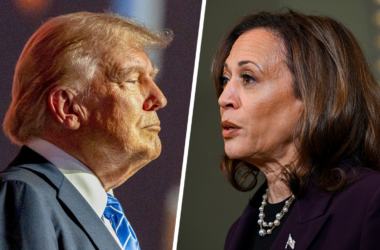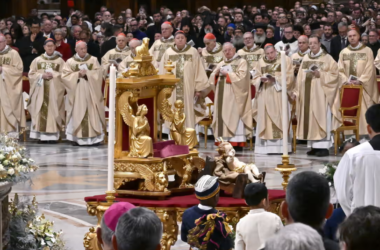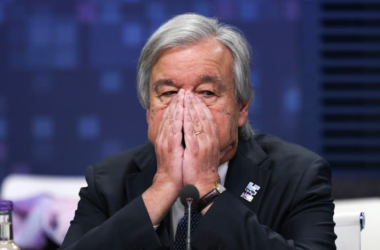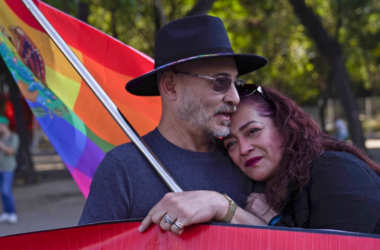Haitian gangs, some with suspected ties to the 2021 assassination of President Jovenel Moïse, now control crucial infrastructure and present a significant threat to the incoming Kenyan-led multinational police force set to deploy in Haiti. These gangs have seized control of essential facilities, including police stations and seaports, and have displaced hundreds of thousands from the capital.
Western diplomats and officials highlight that Haitian gangs are becoming more powerful and organized, posing a substantial challenge to the 2,500 Kenyan-led police officers arriving soon. These forces will encounter a well-equipped, better-funded, and more unified gang network than any previous mission has faced in the Caribbean nation.
Previously reliant on political and business elites for funding, many gangs have become financially independent since President Moïse’s assassination and the subsequent collapse of the state. According to William O’Neill, a United Nations-appointed human rights expert for Haiti, gangs have transitioned from being financially supported by politicians and business elites to operating autonomously, creating a situation that is increasingly difficult to control.
The gangs have reportedly acquired more powerful weaponry, including automatic weapons potentially stolen from regional militaries or converted from semiautomatic rifles, as per Justice Department officials. These advancements have allowed gangs to project themselves as militias with national ambitions, moving beyond their traditional turf wars.
Last September, several gangs formed an alliance called “Vivre Ensemble” (Living Together) to address challenges posed by the Dominican Republic’s border closure, which disrupted drug-smuggling operations. However, this alliance collapsed shortly after a significant theft of cocaine. It was revived in late February, with gangs pledging to overthrow the prime minister and resist the Kenyan-led security force, referring to the troops as “invaders.”
The alliance’s resurgence led to the storming of two prisons and the release of approximately 4,600 prisoners, many of whom joined gang ranks. This turmoil resulted in the resignation of Haiti’s prime minister.
Among the escapees was Dimitri Hérard, previously head of the security unit protecting President Moïse’s palace. Hérard, who had been imprisoned on charges related to the assassination, is now believed to be aiding Izo’s gang and possibly connecting with larger criminal organizations, including drug cartels.
Gang activities are reportedly bolstered by weapons used by Colombian cartels, like the Gulf Clan, with thousands of military weapons stolen and potentially trafficked to Haiti. Another gang leader, Vitel’homme Innocent, has also been linked to Moïse’s assassination, further illustrating the gangs’ extensive reach and influence.
Former Haitian President Michel Martelly, accused of corruption and sanction by Canada for allegedly protecting and empowering gangs, has denied any involvement with the gangs or the transitional council’s proposed immunity for gangs and former officials.
Haitian security analysts, such as Romain Le Cour, warn that granting immunity without consulting Haitians could exacerbate the crisis, given the severe human rights violations committed by these gangs and the current political instability.
As the Kenyan-led force prepares to deploy, they face the formidable task of restoring order and stability in a nation where gangs have entrenched themselves deeply within the socio-political and economic fabric.








